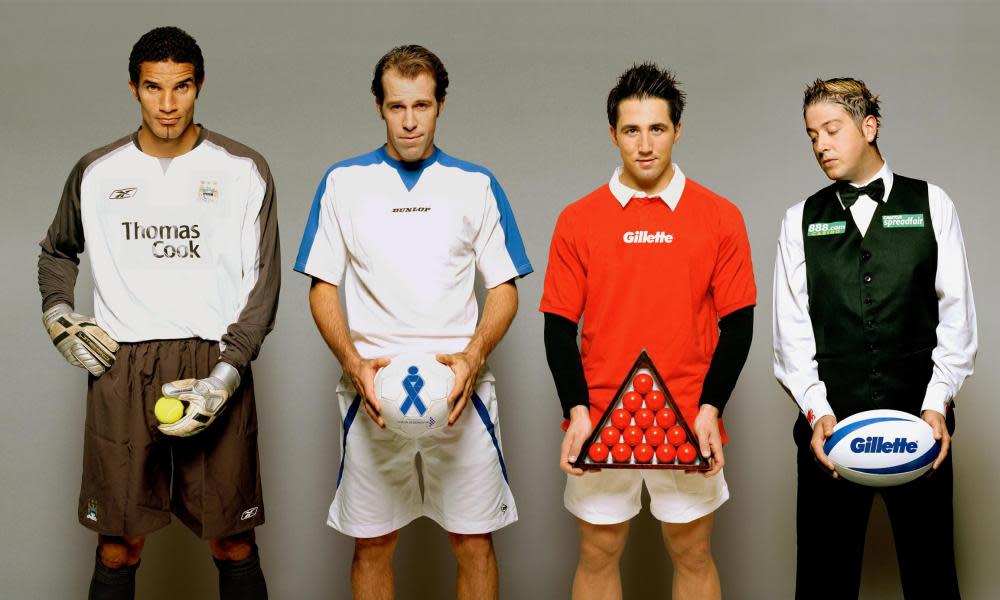Testicular cancer: men most at risk could be identified using new gene group

Researchers believe they can identify the 1% of men who are most at risk from testicular cancer after they discovered a new group of genes linked to the disease.
Screening men for the 19 new genes, along with 25 known already, would allow doctors to spot those who are 14 times more likely than usual to develop the cancer, the scientists said.
Testicular cancer is the most common cancer in young men, and while treatment with platinum chemotherapy is often successful, some men do not respond. In 2014, doctors in Britain diagnosed 2,400 testicular tumours and recorded 60 deaths from the disease.
The discovery of the new risk genes, reported in the journal Nature Genetics, raises the prospect of testing men to find out who might benefit from closer monitoring or preventative treatment. For example, men who have a genetically high risk could have biopsies to look for cancerous cells in their testes which can go on to form invasive disease later in life.
Scientists led by Clare Turnbull at the Institute of Cancer Research (ICR) in London compared the DNA of more than 7,000 men with testicular cancer with that of 23,000 healthy men. Of the 19 new risk genes the study threw up, many affect how chromosomes – the strands of genetic material coiled up in cells – are kept stable inside the body.
“As well as picking out men at highest risk of testicular cancer, our new study also looks at the biology of disease, at what drives cells to become cancerous,” said Paul Workman at the ICR. “This should narrow the search for therapeutic targets and help researchers create new treatments for those men who stop responding to platinum chemotherapy.”
Men who inherit all 44 known risk genes for testicular cancer have a 7% likelihood of developing the disease at some point in their life, compared with only 0.5% of the general male population.
The work was funded by the Movember Foundation, a men’s health charity that aims to reduce premature deaths in men by a quarter by 2030. “A key part of our campaign is getting young guys to realise that things can go wrong with their nuts,” said Paul Mitcheson at the foundation.

 Yahoo News
Yahoo News 
